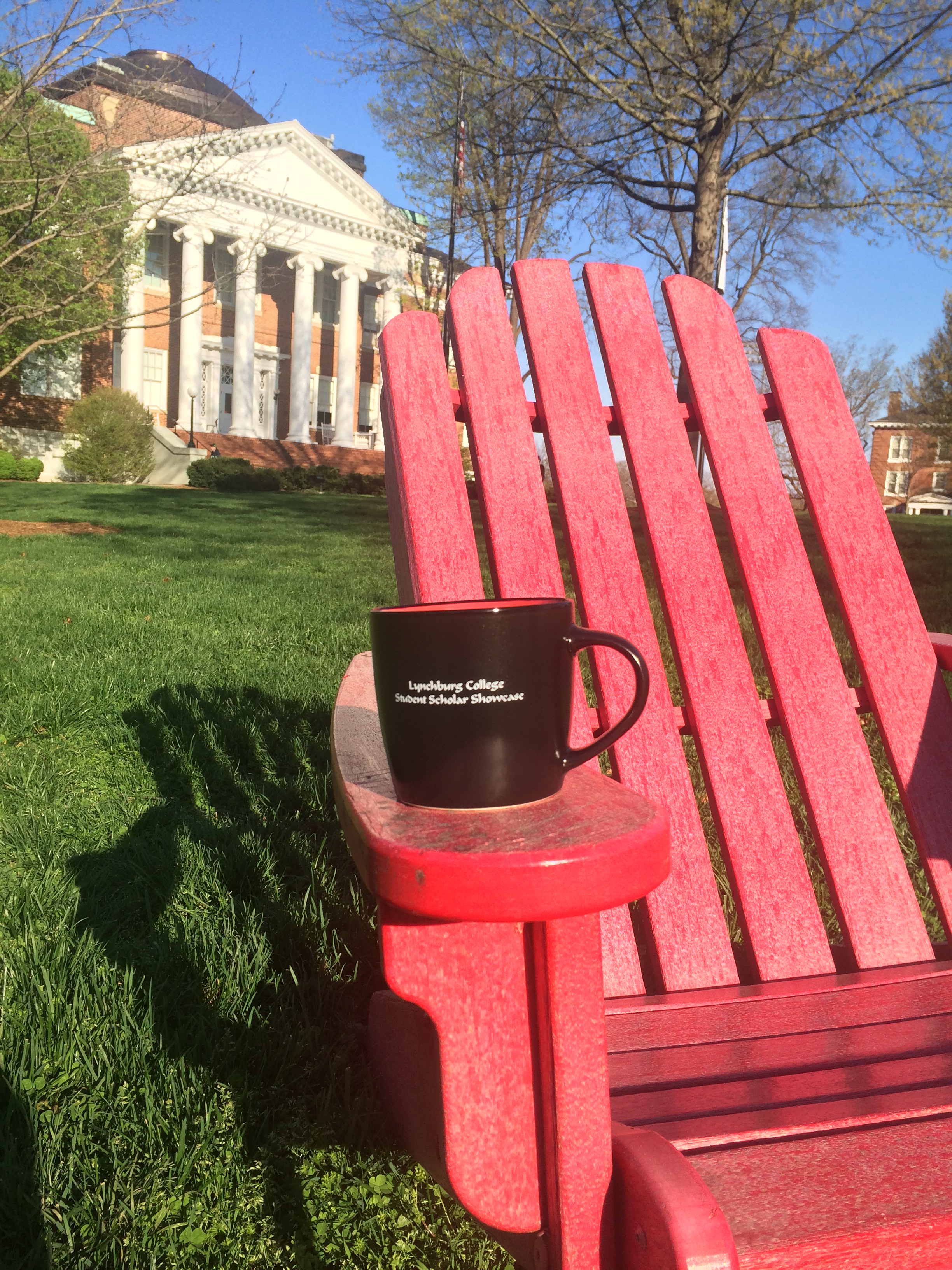
Determining the Best Manufacturer of Statistically Fair Dice
Access Type
Campus Access Only
Entry Number
122
Start Date
4-5-2017 10:30 AM
End Date
4-5-2017 10:45 AM
Department
Mathematics
Abstract
Dice are commonly found in various games of chance such as gambling, board games, and role-playing games. While there have been a variety of different experiments on the fairness of dice in the past, there has not yet been a statistically sound experiment that tests the overall fairness of one manufacturer’s product against another’s. Our goal is to determine which dice manufacturer, if any, produce the most statistically fair dice. We began the project by researching an equation that allowed us to calculate a large enough sample size such that we could test an appropriate number of dice from each manufacturer. Once having calculated the sample size, we then calculated a minimum number of times we needed to roll each die in order to have a statistically significant number of observations for each die. We then began collecting data by rolling each die with the assistance of a dice tower in order to eliminate any bias that could occur from rolling by hand. Finally, we analyzed the data using the Chi-Squared Test in order to test each die for fairness and compare the percent of fair dice per manufacturer. Based on results from similar tests and each company’s manufacturing process, we hypothesize that Casino Dice will produce the most statistically fair dice followed by Gamescience, Chessex, and then finally Crystal Caste.
Primary Faculty Mentor(s)
Dr. Danny Cline
Determining the Best Manufacturer of Statistically Fair Dice
Dice are commonly found in various games of chance such as gambling, board games, and role-playing games. While there have been a variety of different experiments on the fairness of dice in the past, there has not yet been a statistically sound experiment that tests the overall fairness of one manufacturer’s product against another’s. Our goal is to determine which dice manufacturer, if any, produce the most statistically fair dice. We began the project by researching an equation that allowed us to calculate a large enough sample size such that we could test an appropriate number of dice from each manufacturer. Once having calculated the sample size, we then calculated a minimum number of times we needed to roll each die in order to have a statistically significant number of observations for each die. We then began collecting data by rolling each die with the assistance of a dice tower in order to eliminate any bias that could occur from rolling by hand. Finally, we analyzed the data using the Chi-Squared Test in order to test each die for fairness and compare the percent of fair dice per manufacturer. Based on results from similar tests and each company’s manufacturing process, we hypothesize that Casino Dice will produce the most statistically fair dice followed by Gamescience, Chessex, and then finally Crystal Caste.

